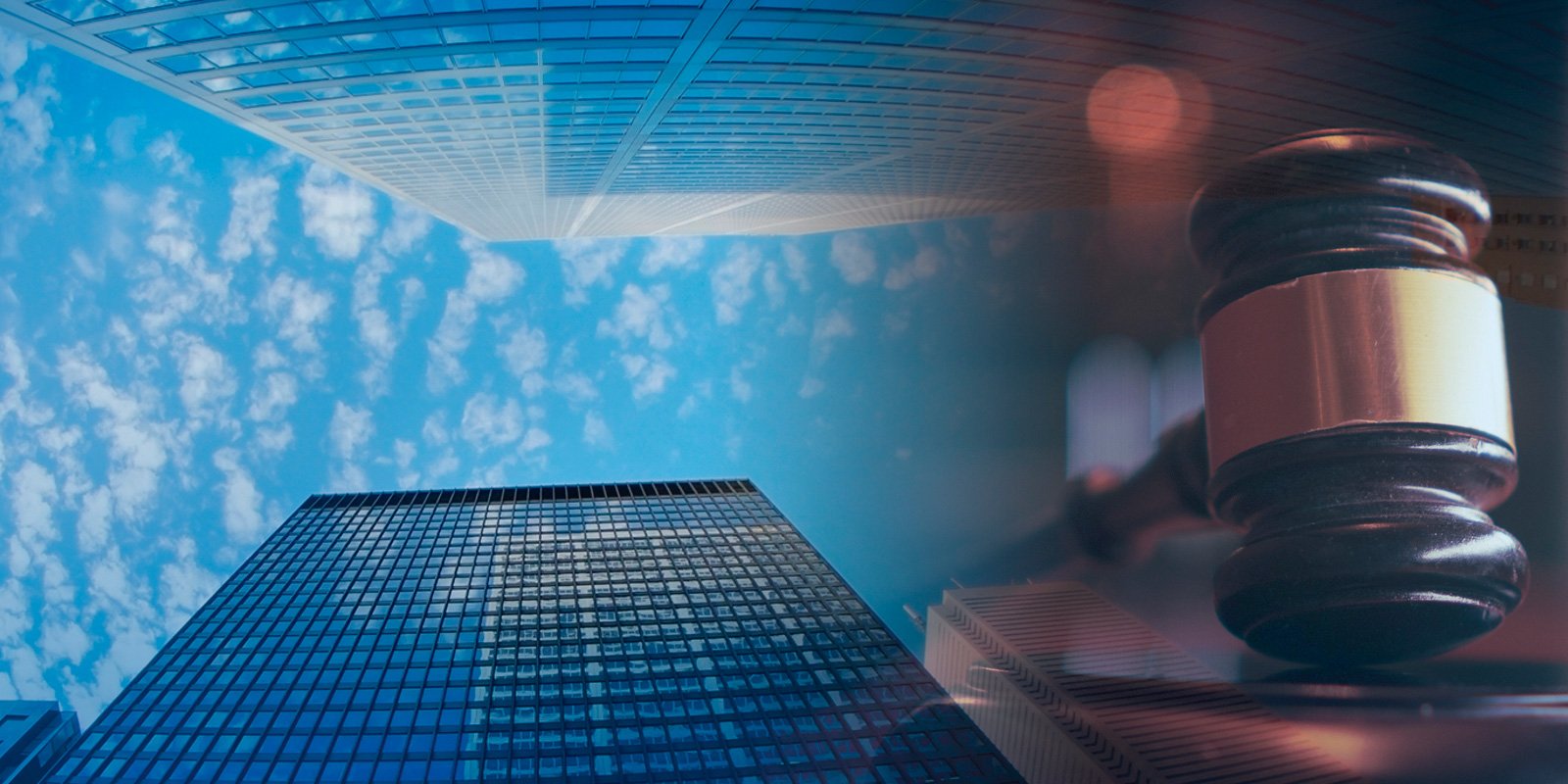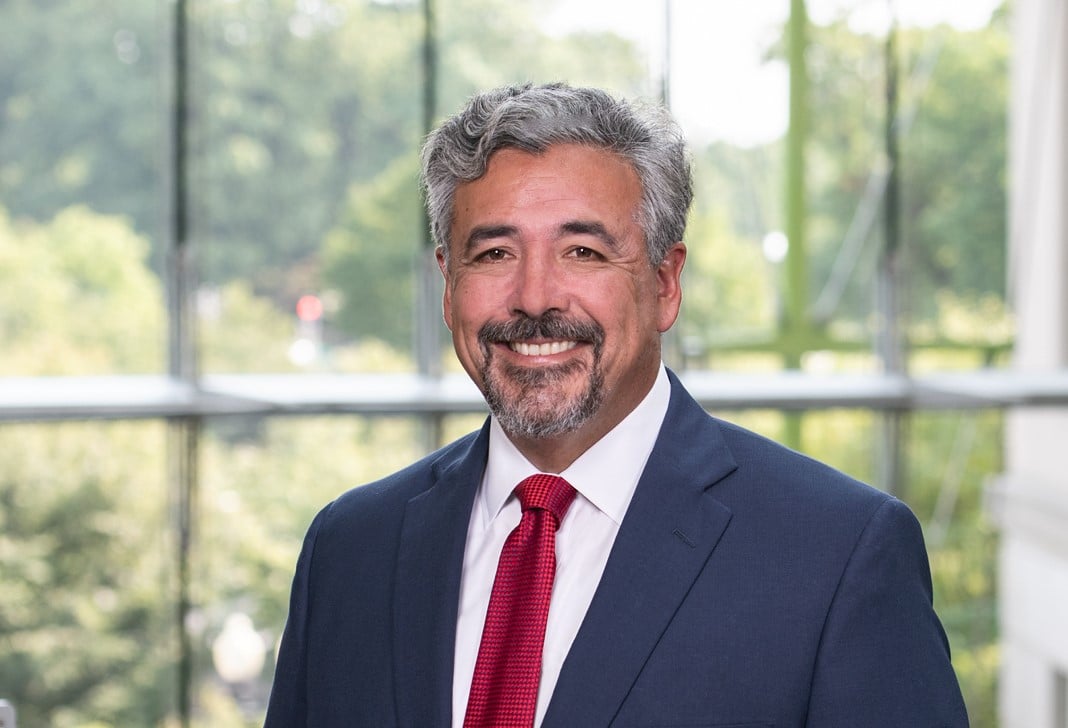
Second Circuit Affirms Dismissal of New York City's Climate Suit
The Second Circuit dismissed New York City's climate suit because the Clean Air Act governs the regulation of domestic emissions and foreign concerns caution against judicial intervention in regulating foreign emissions.
On April 1, 2021, in City of New York v. Chevron Corp. et al., the U.S. Court of Appeals for the Second Circuit affirmed the lower court's dismissal of New York City's state law nuisance lawsuit aiming to hold five of the world's top oil producing companies liable for the consequences of climate change. In a unanimous opinion issued by a three-judge panel, the Second Circuit held that municipalities cannot "utilize state tort law to hold multinational oil companies liable for the damages caused by global greenhouse gas emissions."
In the Second Circuit's decision, the court determined that the federal common law displaced state law in this context because "[t]o permit this suit to proceed under state law would [] risk upsetting the careful balance that has been struck between the prevention of global warming … and energy production, economic growth, foreign policy and national security." The court characterized global warming as a "uniquely international problem of national concern" that is not apt for review under state nuisance law.
The court also reasoned that, pursuant to the Supreme Court's decision in AEP v. Connecticut, 564 U.S. 410 (2011), and the Ninth Circuit's decision in Native Vill. of Kivalina v. ExxonMobil Corp., 696 F.3d 849, 855 (9th Cir. 2012), the Clean Air Act gives the U.S. Environmental Protection Agency, not federal courts, the authority to regulate greenhouse gases domestically, thus displacing federal common law as to domestic emissions. Finally, foreign policy concerns further support judicial caution in the arena of climate change suits and call for dismissal of any remaining claims by the New York City related to foreign emissions.
This ruling stands in contrast to recent district and appellate court decisions, including a suit by the City of Baltimore in the Fourth Circuit, where courts have ruled that climate change suits can be brought under state law in state court. The U.S. Supreme Court heard oral argument for Baltimore's case in January 2021 on a narrow issue related to the scope of appellate review in remand decisions. A decision is still pending. However, as noted by the Second Circuit, the other cases were addressing the question of federal question jurisdiction.
Therefore, while the Second Circuit's decision in New York City's case may signal difficulties in subsequent suits addressing climate change under state tort law in federal court, the broader issue of climate change liability remains a hotly litigated topic.







